Politics
Von der Leyen Charts Strategic Path for Europe’s Future at Budapest EPC Meeting
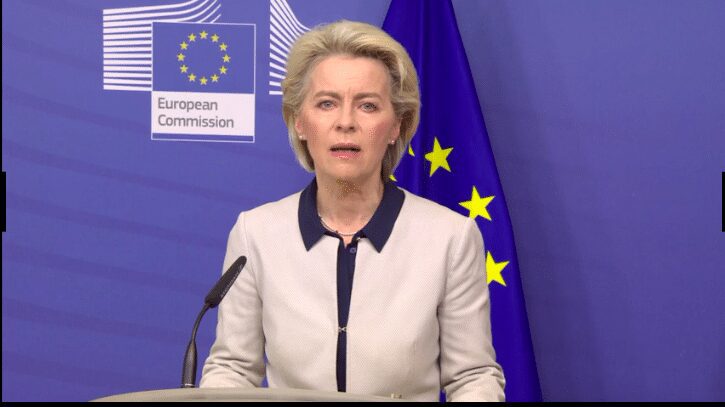
European Commission President emphasizes transatlantic ties, economic resilience, and defense preparedness as EU leaders focus on competitive, sustainable, and secure Europe
At the European Political Community (EPC) meeting in Budapest, European Commission President Ursula von der Leyen outlined a strategic vision for Europe’s future, emphasizing transatlantic relations, economic resilience, and defense preparedness.
Von der Leyen began by congratulating Donald J. Trump on his recent electoral victory, expressing eagerness to strengthen the transatlantic bond. This gesture underscores the EU‘s commitment to robust relations with the United States, a key ally in addressing global challenges.
The President highlighted Europe‘s unity in overcoming recent crises, including the COVID-19 pandemic and the energy challenges stemming from Russia’s war in Ukraine. She stressed the importance of continued collaboration to navigate future challenges.
Central to her address were three strategic priorities:
- Joint Plan for Competitiveness, Digitalization, and Decarbonization: Von der Leyen referenced the Draghi Report, authored by former Italian Prime Minister Mario Draghi, which calls for substantial EU investments to enhance competitiveness and address climate goals. The report recommends annual investments of €750 billion to €800 billion to keep pace with global competitors like the U.S. and China. Euronews
- Reducing Overdependencies and Leveling the Economic Playing Field: The President emphasized the need to mitigate Europe‘s reliance on external entities, fostering a more balanced economic environment. This aligns with Draghi’s recommendations for a comprehensive industrial strategy to prevent the EU from lagging behind global competitors. Financial Times
- Enhancing Defense Capabilities and Preparedness: Drawing on the Niinistö Report by former Finnish President Sauli Niinistö, von der Leyen advocated for bolstering Europe’s defense mechanisms. The report suggests that the EU allocate 20% of its budget to security and crisis preparedness, addressing geopolitical tensions and climate change risks. Financial Times
Von der Leyen’s address reflects a proactive approach to Europe’s future, building on expert insights to navigate complex global dynamics. Her call to action underscores the EU’s commitment to unity and strategic planning in the face of evolving challenges.
Politics
COP29: EU to support continued global climate action and push for ambitious finance and investment goals
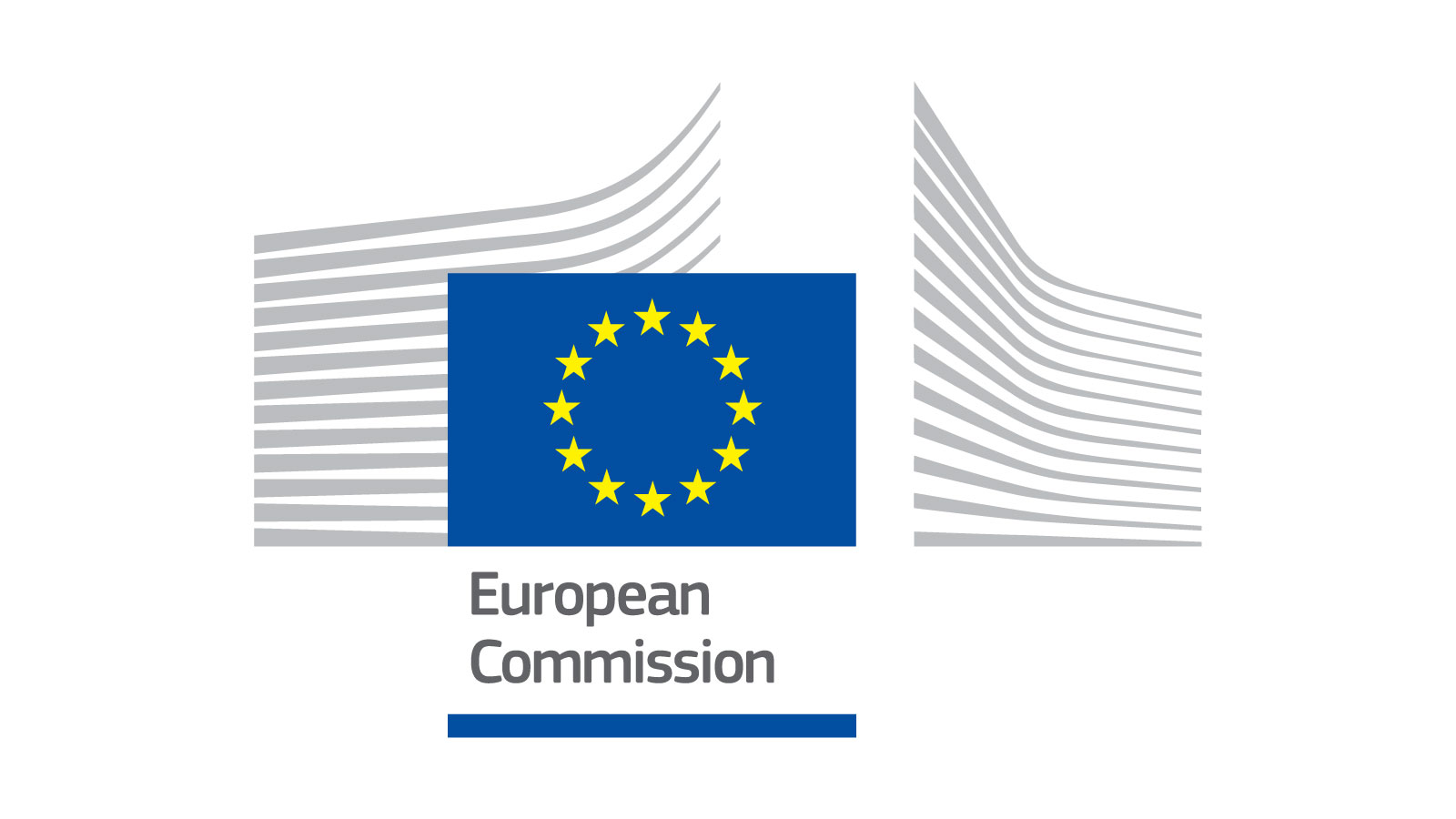
DISCLAIMER OPINIONS: The opinions of the authors or reproduced in the articles are the ones of those stating them and it is their own responsibility. Should you find any incorrections you can always contact the newsdesk to seek a correction or right of replay.
DISCLAIMER TRANSLATIONS: All articles in this site are published in English. The translated versions are done through an automated process known as neural translations. If in doubt, always refer to the original article. Thank you for understanding.
DISCLAIMER PHOTOS: We mostly used photos images that are readily available online, from free sources, or from the people promoting the news. If by any chance it happens that we have used one of your copyrighted photos, please do not hesitate to contact us and we will take it down without question. We do not make profits as this is a not for profit project to give voice to the voiceless while giving them a platform to be informed also of general news, and it is completely free.
Politics
Cross-border crime: criminal cases can now be transferred to another EU country
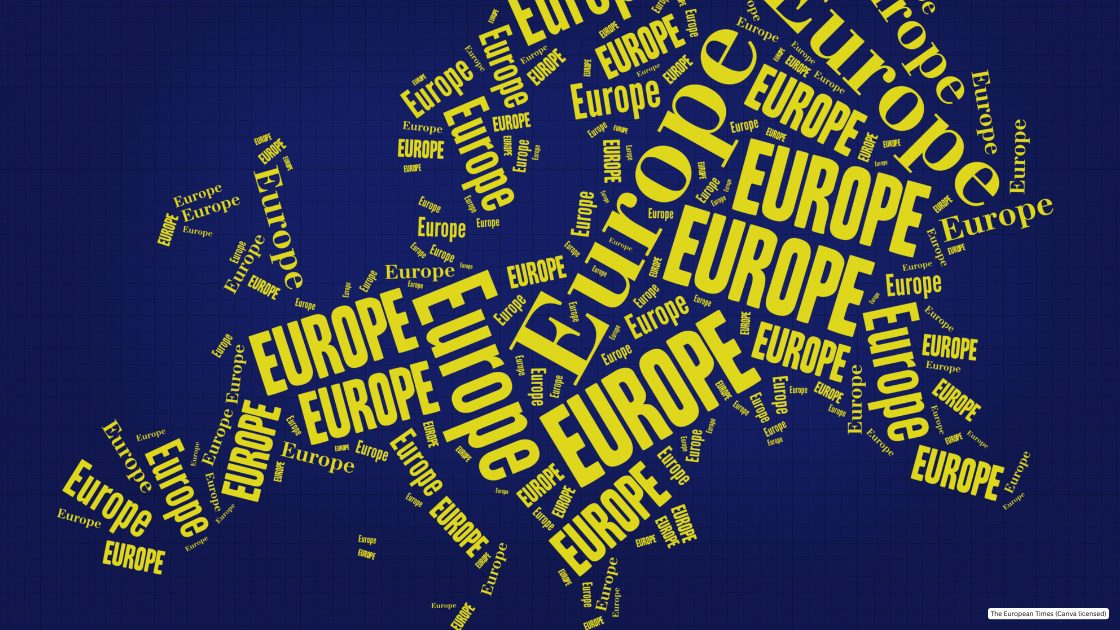
DISCLAIMER OPINIONS: The opinions of the authors or reproduced in the articles are the ones of those stating them and it is their own responsibility. Should you find any incorrections you can always contact the newsdesk to seek a correction or right of replay.
DISCLAIMER TRANSLATIONS: All articles in this site are published in English. The translated versions are done through an automated process known as neural translations. If in doubt, always refer to the original article. Thank you for understanding.
DISCLAIMER PHOTOS: We mostly used photos images that are readily available online, from free sources, or from the people promoting the news. If by any chance it happens that we have used one of your copyrighted photos, please do not hesitate to contact us and we will take it down without question. We do not make profits as this is a not for profit project to give voice to the voiceless while giving them a platform to be informed also of general news, and it is completely free.
Politics
EESC proposes concrete recommendations for building a resilient and sustainable food system for the future
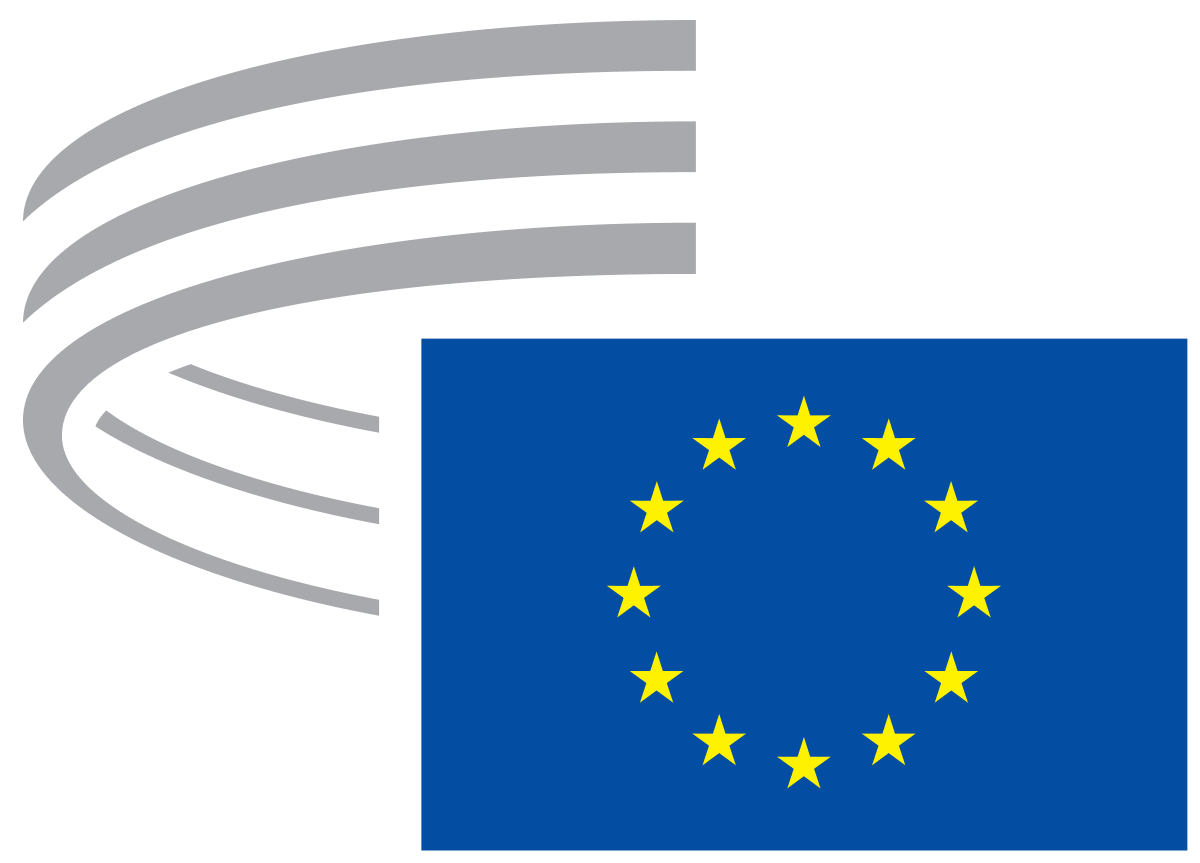
The European Economic and Social Committee (EESC) has laid out a bold vision for transforming the EU’s agriculture, fisheries, and food systems to better withstand crises while ensuring sustainability. The opinion “Fostering sustainable and resilient food systems in times of crisis,” requested by the Hungarian presidency, was adopted at the October plenary. By focusing on food security, fair income for producers, environmental resilience, and the next generation of food producers, these proposals offer a clear path for the EU to build a food system that not only survives continuous challenges and crisis but thrives in the long term.
The EESC envisions a food system that is competitive, crisis-proof, and aligned with EU environmental and social objectives. “Ensuring stable, sustainable incomes for producers is essential, as is fostering a knowledge-based food policy that encourages innovation” said Arnold Puech d’Alissac, President of the World Farmers Organisation and one of the three rapporteurs of the opinion. To support this vision, the EESC calls for a new policy model to strengthen the farming sector’s bargaining position in the food chain when it comes to price negotiations as well as an increase in the budget for adequate financing of EU agriculture and fisheries.
EESC insists that future trade agreements should incorporate the Green Deal and Farm to Fork standards to ensure fair competition and maintain high food quality, aligning global trade with the EU’s sustainability goals.
“Ensuring fair income for primary producers is critical,” noted Piroska Kállay, rapporteur from Hungary. ”We need to see farmers as part of the solution and not part of the problem”, she added. Stricter enforcement of unfair trading practices and the standardization of their enforcement at the EU level as well as the introduction of a ban on below-cost selling, are necessary steps to rebalance power in the food supply chain.
To sustain the food system for future generations, the EESC advocates for policies that promote generational renewal, particularly targeting young people and women. This includes education, training, and support for cooperatives and community-assisted agriculture, which build resilience by distributing economic risks and benefits more equitably among producers.
The EESC also recommends rewarding carbon sequestration efforts in agriculture, such as sustainable soil management, while implementing policies to prevent carbon leakage. ”These measures would help align food production with the EU’s climate targets and global environmental commitments,” said Joe Healy, rapporteur from Ireland.
In response to the growing threat of climate-related disasters, the EESC proposes an EU-wide system of public insurance, backed by public investment, to protect producers from natural disasters like floods or crop failures, ensuring continuity in food supply.
Sustainable management of soil and water is essential for long-term productivity. The EESC urges policies that regenerate and restore soil health, increase water efficiency and reduce water usage, —critical steps in maintaining resilience against climate pressures.
Additionally, the EESC calls for reducing red tape throughout the food chain to streamline processes and increase transparency. Regulating trade flows and establishing a digitized data center for price and cost tracking will help avoid market disruptions and enhance transparency in food supply chains.
Finally, the EESC reiterates its previous proposals for establishing a European Food Policy Council (EFPC) to strengthen dialogue on food-related issues. This platform would bring together diverse stakeholders to align food policy with broader social and environmental objectives, ensuring a cohesive approach to the EU’s food systems. The EESC notes with satisfaction the similar proposal in the report of the strategic dialogue on the future of EU agriculture.
The EESC’s proposals provide a comprehensive roadmap for strengthening the EU’s food systems, making them more resilient, sustainable, and equitable in the face of growing global challenge. (ks)
-

 EU & the World7 days ago
EU & the World7 days agoWhich Celebrities Are Leaving the Country After Trump’s Election Win?
-

 Sports7 days ago
Sports7 days agoChampions League: Atletico mocks PSG, Barcelona and Bayern do well
-

 Sports7 days ago
Sports7 days agoVirtus Bologna regains the top spot but Luca Banchi admonishes his own
-
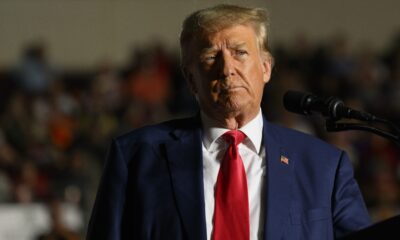
 EU & the World7 days ago
EU & the World7 days agoCelebrities React to Trump’s Election 2024 Win
-

 EU & the World7 days ago
EU & the World7 days agoWhen Is Starbucks’ Red Cup Day 2024? How to Claim Your Holiday Freebie
-

 Sports7 days ago
Sports7 days agoNicolò Zaniolo finds goal and smile again, Sofia Goggia sends him a message
-
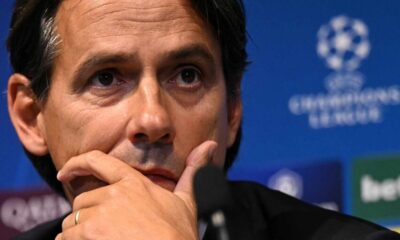
 Sports7 days ago
Sports7 days agoSimone Inzaghi extols one element in particular
-

 Sports2 days ago
Sports2 days agoATP Finals, Zverev doesn’t betray in opener: Rublev knocked out in two sets









